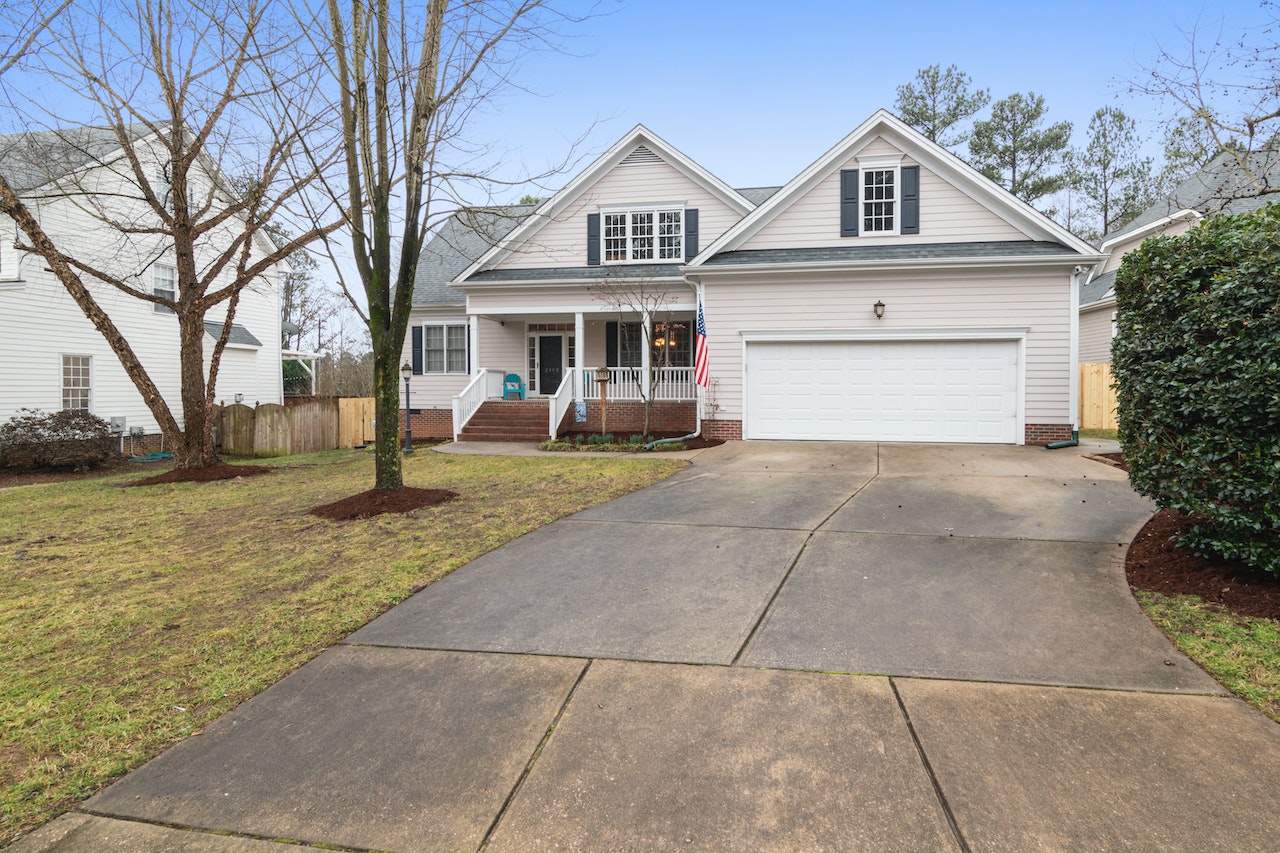- Weather-Induced Relocation: Extreme weather events have become a significant factor influencing tenant decisions. People are opting to live in the CBD to avoid areas prone to flooding and other weather-related hazards. The slow response of insurance companies to resolve such issues has added to the motivation for this shift.
- Pressure on the CBD Rental Market: Contrary to expectations, the CBD rental market is facing increased demand. Initially, there was a shortage of supply during the pandemic due to the absence of international students, migrant workers, and young professionals. However, the situation is evolving as people return to the country, seeking more affordable housing options in the CBD.
- Consolidation and Cost Reduction: Rising interest rates and the escalating cost of living have driven individuals to consolidate their living arrangements. This trend has led to a preference for smaller spaces with reduced liability.
- Challenges for Migrants: Migrants looking for housing face challenges, as they must physically view properties before signing leases. While demand is high, newcomers often need to see the properties in person, which can be inconvenient.
- Competitive Rental Market: Migrants unfamiliar with local customs have been offering higher rents than advertised, creating a competitive rental landscape. While this may seem advantageous for property owners, it can pose challenges for tenants.
CBD Apartments: Rise in Demand Amid Extreme Weather Challenges

In recent times, an unexpected trend has emerged in the Auckland real estate market, driven by extreme weather conditions. Tenants are increasingly making the move to the Central Business District (CBD), away from properties near hillsides or with large sections. This shift in housing preference is applying additional pressure to an already strained market. We spoke with Rishabh Kapoor, CEO of Impression Real Estate, to gain insights into this intriguing development.
Key Takeaways:



